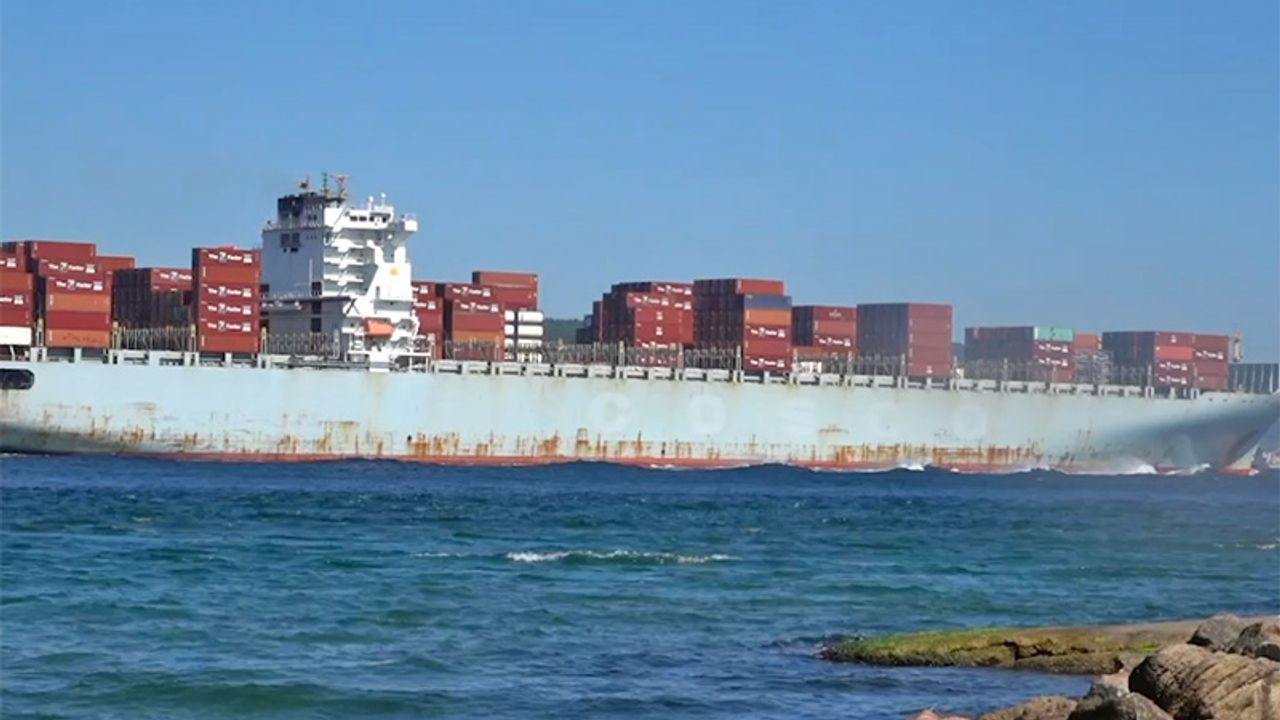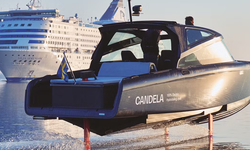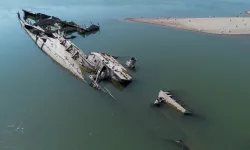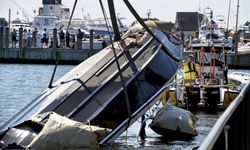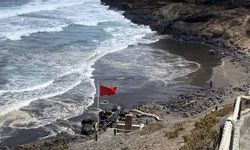The study, conducted aboard the institute's research vessel Bilim 2, highlights the critical state of the sea’s oxygen levels, which experts warn could lead to severe environmental consequences.
According to Prof. Dr. Mustafa Yücel, deputy director of the institute, oxygen levels drop significantly beyond the first 30 meters of depth. He described the situation as dire, particularly in the eastern regions of the Marmara Sea, where oxygen is nearly absent at depths of 150 to 200 meters. "Oxygen levels beyond the first 30 meters have reached the 'hypoxic threshold,' which is too low to sustain fish life," Yücel explained.
The situation is worsened by rising sea temperatures, which are currently at record highs. This warming, combined with increasing pollution, is reducing the amount of oxygen dissolved in the water, further endangering the sea’s ecosystem.
Prof. Yücel also pointed out the growing issue of nitrogen and phosphorus pollution, which is becoming more problematic in the Marmara Sea. Another concern is the potential formation of hydrogen sulfide, a toxic gas that could severely impact marine life and public health. As oxygen levels decrease, nitrate levels also drop, which could lead to the collapse of the marine food chain.
Yücel warned that if these trends continue, the eastern Marmara Sea could deplete its nitrate reserves within the next four to five years. While hydrogen sulfide has not yet formed outside the Gulf of İzmit, recent trends indicate that the situation could deteriorate quickly without intervention.
